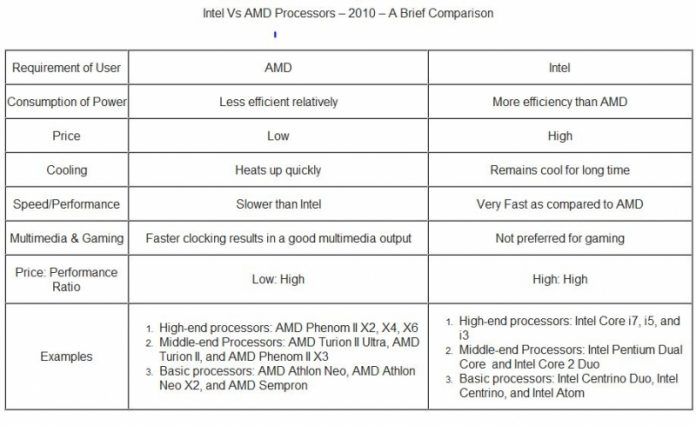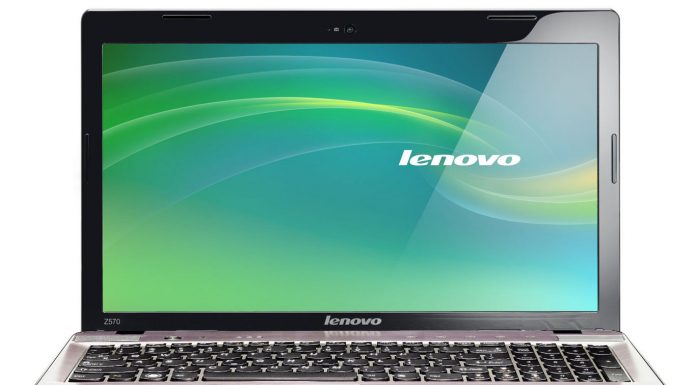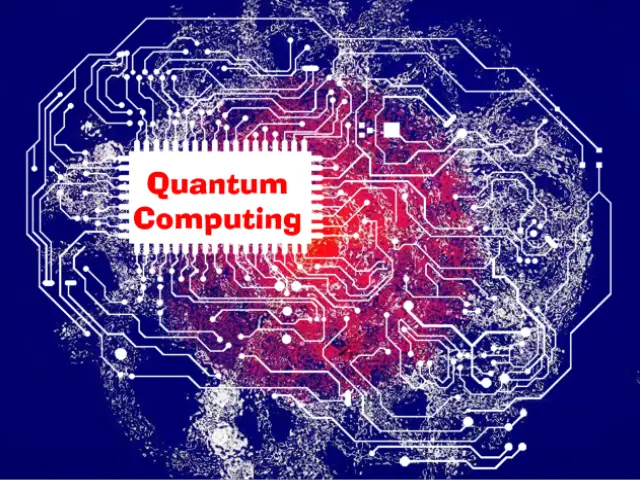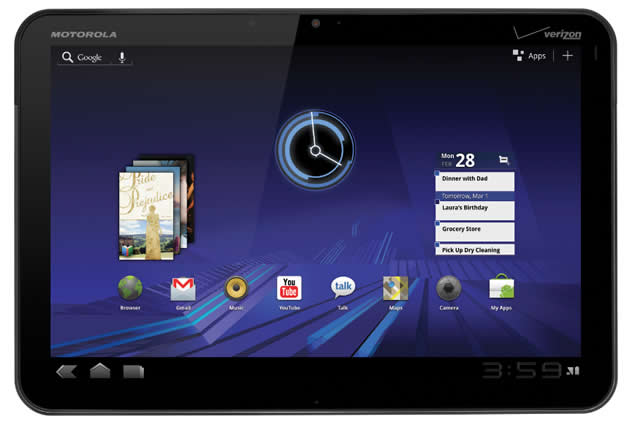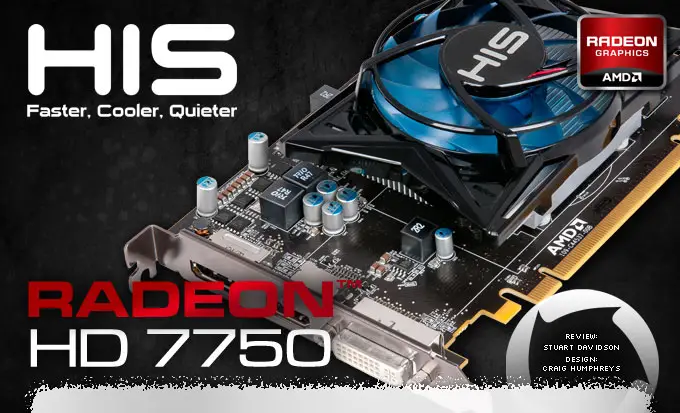Server Processors Vs Desktop Processors
At present, a number of server-grade processors are available in the market. However, many people confuse them with desktop processors.
Server processors are very different from desktop processors. The most popular processors in the market today, such as the AMD Opteron, Intel Itanium, SPARC, and Intel Xeon are server processors.
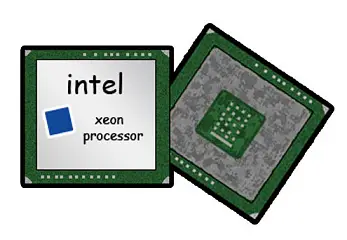
And the processors like Phenom and Core2 Quad are desktop processors.
Apart from bus speed, there are a number of other factors on which the two types differ from one another. The main differences are as follows –
- Dependability: Server Processors are much more reliable than desktop processors. The entire workstation tends to become non-functional if the desktop processor fails. But, on the other hand, server processors are provided with smarts that enable them to failover without crashing or shutting down. This is possible because server processors support the dual processor configuration, while the desktop processors do not.
- Validation: A lot of time and cost goes into validating the server processors as they need to be tested against all sorts of stress conditions, like excess computing loads, strict environmental conditions, and high temperatures. This kind of strict validation is not done for desktop processors.
- Higher Trafficking: The bandwidths and frequencies at which the buses of the Server processors operate are much higher than frequencies at which the desktop server buses function. This is possible as unlike desktop processors, server processors have very powerful blowers to do away with the heat that impedes electricity flow.
- Self-Correcting: Memory errors that have an impact on the system stability can be corrected by the server processor circuitry. Server processors use the ECC (Error Codes Correction) technology to do this correction. Although desktop servers also have the ECC capability, it is not validated in them.


